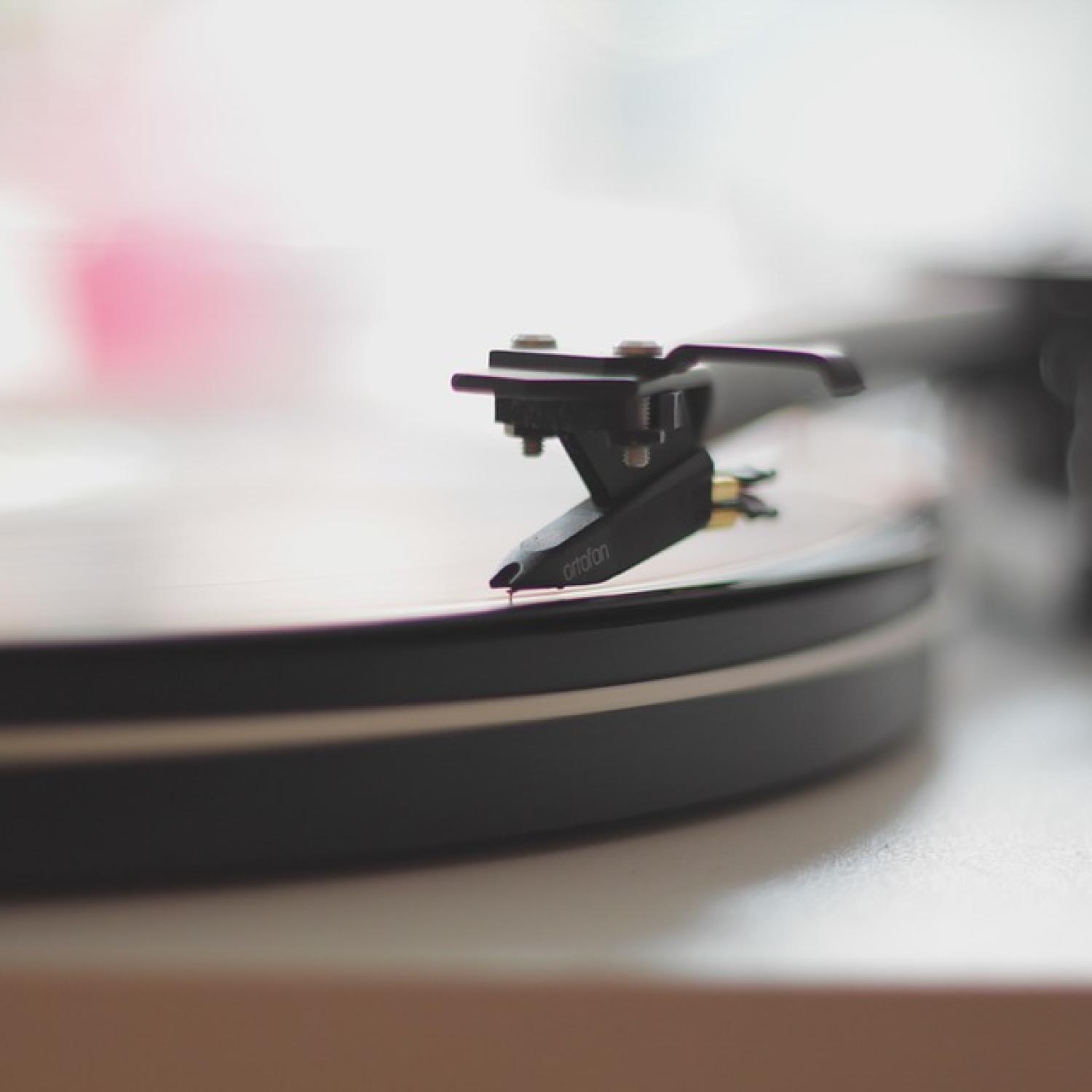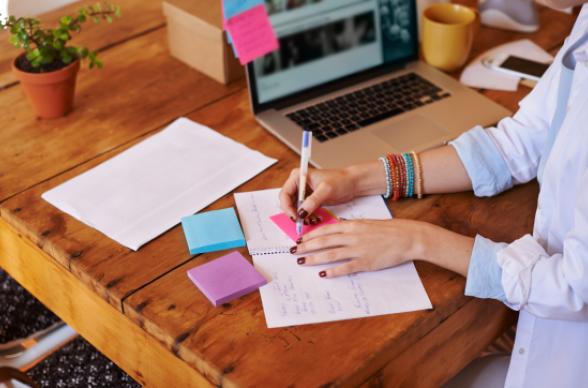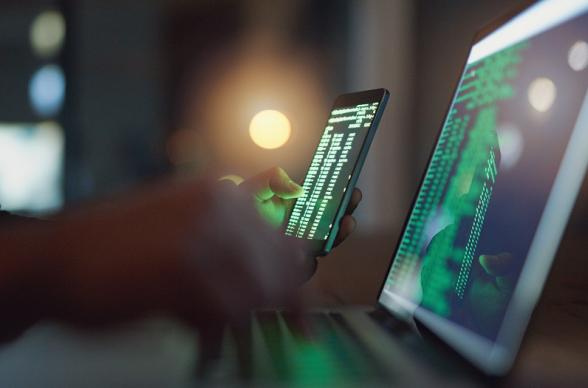Why do recording studios need insurance?
Studio mixing desk malfunction
For most recording studios, a mixing desk is everything. Without one you can’t produce albums and EPs. But what if the unexpected happens? As you’re working with a group of musicians, someone knocks over a glass of water and it spills onto a studio mixing desk, short circuiting it.
As a result, you’re unable to continue recording that session. Fortunately, you have business contents cover built into your business insurance policy. This means you're able to get help with the cost of studio equipment repairs and replacements.
Artist suffers an injury
Recording studios can be crowded, especially if there are many musicians playing together. Keyboards, microphones, DJ headphones and sound baffles all take up space. During a warmup session, a guitarist trips over a loose cable, injuring their wrist.
Unable to play the guitar, they make a claim against you for their injury, resulting in loss of income. With public liability insurance, your recording studio can get financial help if a musician or other visitor is hurt on your premises.
Hackers steal master recordings
File leaks can be devastating in the music and film industries and can affect creators across all genres. You’ve been working closely with a band who are busy wrapping up their second album when the master recordings are stolen from your cloud database.
While you have backups, the possibility of a leaked album could harm sales. This, in turn, could hit your studio’s reputation. Luckily, with cyber and data insurance you can get financial help with the costs of recovering after a data breach and even with public relations. For instance, responding to media reports about the leak.
What insurance is available for recording studios?
Business contents insurance
Business contents insurance can protect you against damage, loss, or theft of equipment at your recording studio. So, if a drink is spilt on your mixing desk, or if your studio microphones are taken in a break in. Contents insurance tries to either repair, replace or pay for such items.
For mechanical faults, however, it would be equipment breakdown cover rather than contents insurance you would need. If your kit stops working because of electrical or mechanical breakdown or malfunction, equipment breakdown insurance can help with repairs and replacement.
Public liability insurance
Public liability insurance can support you if a visiting voice-over artist, musician or member of the public is hurt in your recording studio and makes a claim against you. The cover can help with the cost of legal defence, and compensation pay-outs if you’re taken to court.
We can even provide cover if you’re working away from the studio. If you’re capturing a live recording in a public space and one of the performers is hurt because of your work, public liability insurance can help.
Cyber and data insurance
Our cyber and data insurance can help with costs and losses should you suffer a data breach or fall victim to a cyber attack. We can support with investigation funding and help to reimburse losses, for example from the cost of the data breach or cyber ransom and even reputational recovery.
Our cyber and data insurance helps to mitigate the impact on your recording studio. With thorough investigations after a cyber event, you can work confidently on your next automated dialogue replacement (ADR) project.
We offer a wide range of insurances to help protect your recording studio. These include commercial property insurance, employers’ liability – which may be a legal requirement (external link).
Speak with us to find the right level of cover for your recording studio.
Build my coverInsurance for recording studios: FAQs
What insurance do you need for a music studio?
You might not be legally obliged to purchase insurance for your music studio, though there could be exceptions. If you employ staff, you may be legally required (external link) to buy employers’ liability insurance.
However, if you own expensive recording equipment or welcome lots of visitors, you may want some extra protection. For example, public liability can help with personal injury claims from studio visitors. And business contents and equipment breakdown offer peace of mind over your valuable recording kit.
Can I include my laptop, phone and tablet on my policy?
Yes, you can insure your laptop, phone, and tablet in your recording studio. These can be covered at your studio base through business contents insurance.
However, if you use them on the road or at home, you’ll need to add portable equipment insurance, technically known as property away and in transit, to your cover. Both are types of property insurance that aim to protect your kit from the risk of loss, damage or theft – but not mechanical or electrical failure.
Can I include headphones, in-ear monitors and earplugs?
Yes, professional-level equipment that you use in your recording studio, no matter the size, falls under business contents insurance. These can be covered in event of breakages or theft. When arranging your cover, set a cover limit higher than the value of your equipment.
You could also add equipment breakdown insurance for small items if they exceed the excess. This may include recording studio headphones. This helps if they face an electrical or mechanical failure.
Do you insure music production software?
We don’t insure music production software directly with our business insurance. Most music production software, such as Studio One, Cubase and FL Studio, are digital programs not physical products. This means if a computer is stolen, you can login and redownload the program onto a new device. If you incur costs, then your business contents insurance may be able to help with the costs of reinputting data.
However, some of our business insurance products can cover software related claims. For instance, our equipment breakdown insurance can cover up to £5,000 in data recovery if your servers break down. This applies as long as you back up data at least weekly.
If your software is impacted by a cyber event, such as hacking, then it is classed as a data asset. This means we can help with the cost of restoring your access.



